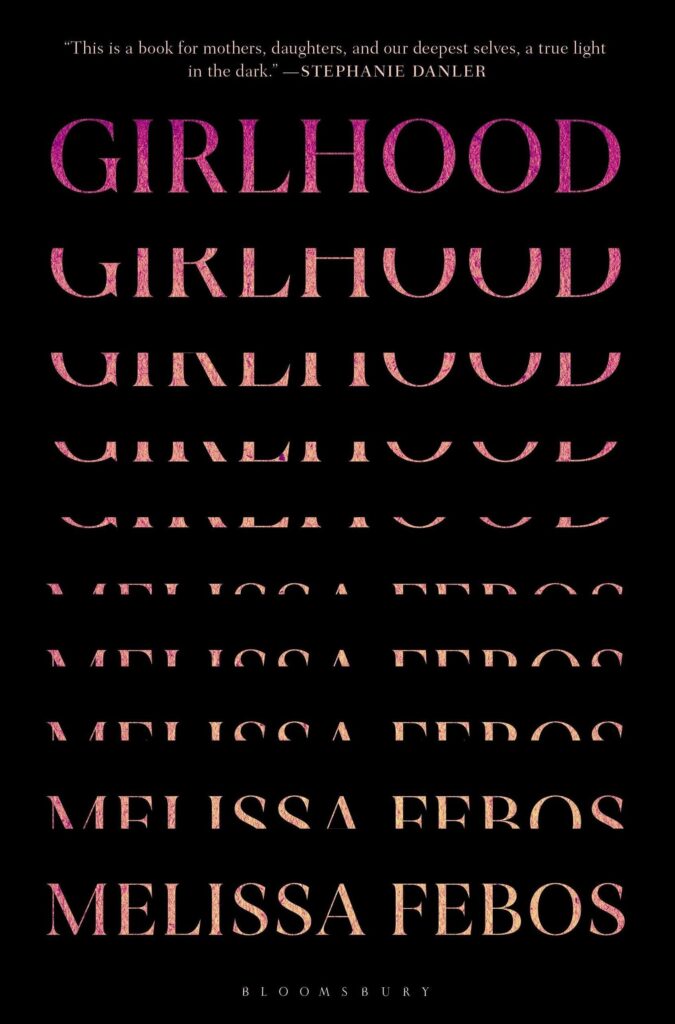I remember sitting in a sexual education workshop and watching as the instructors explained affirmative sexual consent and staged ideal exchanges of consent in my first week of college. It all seemed so easy and obvious to me, a naive freshman, so what was the issue? Yet I remember being inebriated at a party a couple of days later, being asked to have sex by an intimidating male, and thinking that nothing in a workshop could prepare me for this moment.
We are taught a multitude of lessons as young females on how to silence our voices and how to perform to satisfy the desires of others, and it is almost comical when I realize I have dedicated most of my early adulthood to unlearning those lessons and am not done–potentially will never be done–unlearning. The issue with these sexual education workshops, and many institutional efforts to unlearn those lessons, is that there is a huge gap between how it is discussed in theory and how it occurs in practice. We need guidance from someone who has lived through these moments of negotiating what she has been taught and what she needs to unlearn.
Melissa Febos is not afraid to tread into such waters in her insightful new essay collection Girlhood (Bloomsbury 2021), a series of ten essays that hone in on her personal experiences and the painful narratives that are fed to women growing up in the age of the #MeToo movement and corporate America. Febos garnered literary acclaim and commercial success with her searing memoir Whip Smart which detailed her experience working as a dominatrix in the New York City dungeons and earned her a teaching position at the University of Iowa, and she has returned to this autobiographical landscape with even more insight and honesty in this essay collection. Part philosophical inquiry and part memoir, she analyzes her experiences growing up as a queer female and attempts to unlearn the lessons that have taught her not to prioritize her conceptions of beauty, safety, and satisfaction.
Reading the essays feels like treading through a hundred years of feminist theory and watching Febos fill in the huge gaps around sex work, sexual consent, and sexual harassment. She tackles the following questions: Why do you buy into Cartesian dualism and think that you can hate your body and love yourself? How do you negotiate consent and revisit moments when you said yes but meant no? Was this sexual assault, or was this an event for which we lack the word and that was taught to us by the patriarchy that prioritizes male satisfaction? How is femininity simultaneously voluntary behavior and an expectation of the panoptic male gaze? Febos offers her female readers a new vocabulary to discuss topics that may be subtle but haunt women of our generation, and it is in creating this vocabulary that she raises the stakes of her project from memoir to activism.
Febos toggles the line between the universal and the particular when she fills in these gaps on female development from a personal address, and readers may wonder who is the female reader that she imagines for the essays. It is crucial to ask if her statements are true for every female or if she has made the mistake of assuming too much about the reader who may not be white, cis gender, or heterosexual. However, Febos is careful to speak from her own perspective and let other women speak from theirs: she weaves together dozens of interviews to paint a picture of how racism and sexism compounds in her essay “The Mirror Test” and how patriarchal desires affect each woman differently in her essay “Thank You For Taking Care of Yourself.”
It may feel hopeless to read feminist criticism and consider the numerous ways that women are subjected to patriarchal needs, but Febos is insistent that reading–and writing–can be therapeutic. To know that you are not alone in your questions and concerns for women of our generation can heal you. To break the silence and discuss feminist issues can save lives. I cannot convey how grateful I am for female writers, like Melissa Febos, who are able to ask the difficult questions and articulate the lingering thoughts that I have from growing up as a queer female.
Intimate, beautiful, honest, Girlhood is a must read for women who desire modes of resilience and reclamation in thought.
You can find Febos’s Girlhood on Bookshop.com: https://bookshop.org/books/girlhood-9781635572520/9781635572520
